Discover the benefits of cryogenic grinding for recycling tyre and rubber
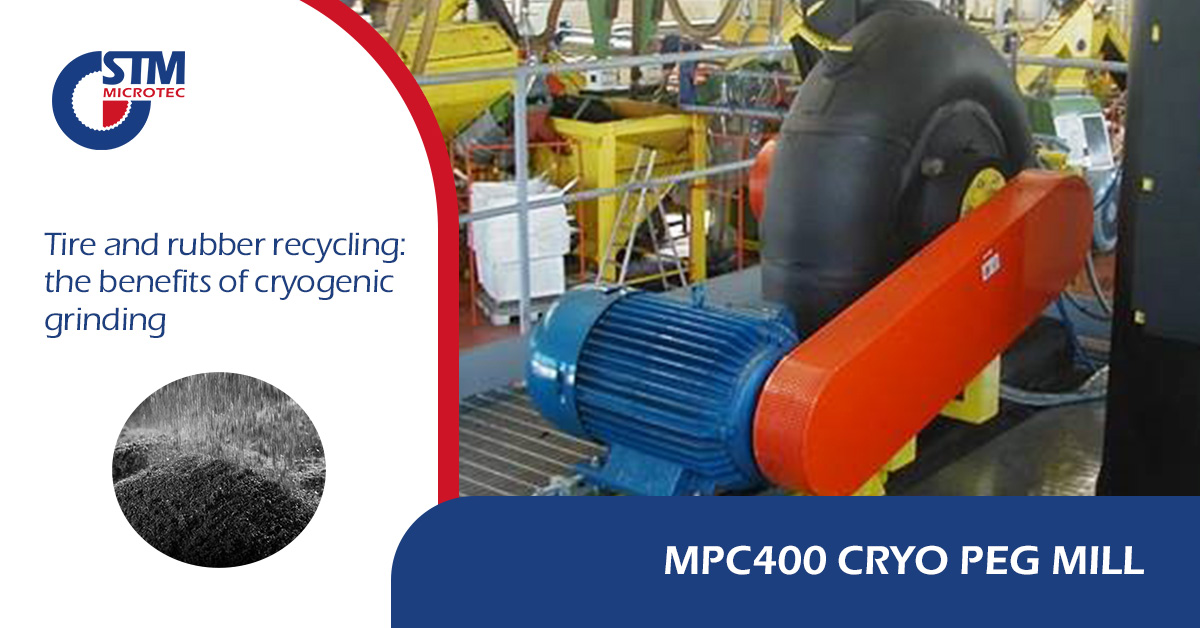
In the last years, more and more companies have turned to an environmentally sustainable business model. One sector that has emerged in this field is the recycling of used and worn tyres, also as a result of EU regulations on the recycling and recovery of end-of-life materials.
On an industrial level, pulverising processes that are traditionally carried out at room temperature can be conducted at cryogenic temperatures with the aim of obtaining a better quality of the ground product and less energy consumption.
That is why products which have low softening points, elasticity and thermosensitive characteristics due to the presence of elastomers, such as tyres, are efficiently grinded by bringing them to their embrittlement temperature using liquid nitrogen.
Cryogenic grinding is successfully used in the milling processes of rubber and elastomer scrap and in all areas where cryogenics is more efficient, without damaging the physical-chemical or cross-linked structure of the finished product.
Cryogenic Application – Liquid Nitrogen
Liquid nitrogen has three main functions: it rapidly cools the material to embrittlement temperature before it enters the grinding mill. It keeps the processing temperature constant by absorbing heat developed during the grinding operation.
Cryo ground substances have different physical characteristics from those obtained by traditional grinding processes, precisely because of the way in which the structure of the material is broken down.
Here are the main differences between the two processes:
CRYOGENICS
– Cryogenically embrittled tyre rubber produces homogenous, crystalline, cubic grains;
– Better production yield
– Better final product quality, without brittleness or breakage
– Reduced energy consumption
– Increased quality of finished product
– Less processing waste (due to overheating)
– Greater product fineness and homogeneity
– Reduction in the amount of material to be reprocessed
ROOM TEMPERATURE
– Tears in the initial matrix due to the smoothness of the crystalline planes or special lattice structures
– Powders with non-uniform physical characteristics
– High energy consumption due to low hourly output
– Possibility of material melting on grinding rotors
– Low quantity of fine particles
– High recycling of materials above the sieve.
But what are the most relevant parts of this process? Let’s see how they work and what the main solutions involved are for.
Overhead receiving hopper and dosing unit integrated into the structure
The entire system is designed to contain and utilise cryogenics only at a specific point in the plant, the other areas work at room temperature such as the containment hopper and the dosing hopper,.
Control is carried out by means of sensors, valves and metal detectors to correctly monitor the material.
Metal detector
By its nature tyre powder contains various metal contaminations, a good defection system, either simple or more advanced, is necessary for preserving the grinding tools.
Liquid Nitrogen Proportional Valve
It controls through electronic PID regulation the amount of liquid to be injected into the circuit, working in synchrony with the recovery of cold gases and the working temperature of the grinding chamber.
Special cast counter rotating impeller
Highly efficient grinding impellers with wear-resistant discs and cylindrically shaped cast pegs, specially designed for highly abrasive polymers.
Easy access to the grinding chamber and simple replacement of pins and wear parts due to the coupled disc construction are the strengths of this solution.
Nitrogen, which is connected via a hose to the cryogenic screw, is atomised via nozzles on the rubber.
The controlled working temperature ensures maximum efficiency of the system, the elevated position without pipeline handling of the product, and the shape contained in the armaflex shell allows the operating frigour to be maintained and processing energy to be optimally utilised.
Case Study STM: MPC 400
The Contraplex MPC400 counter-rotating pin mill has a tyre powder output of approx. 500 kg/h at a grain size of 100%<500µm
The ideal working temperature is approx. – 28°C and the thermal insulation conditionsallow for low management consumption as well as the possibility to recycle non-exhausted cold gases.
This mill was integrated into customer’s production line, the sieved product was then placed in the big bags. The over sieve > 500µm is small and there is thus a recycling of low quantities that do not and vary the productivity of the raw material.
In conclusion, after the collection and block shredding phase, and the 5mm grain milling with 99% elimination of textile and metal fibres thanks to the STM Microtec plant, a 100% cryomacination <500µm was achieved.





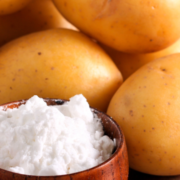
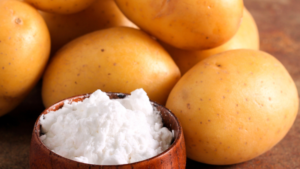
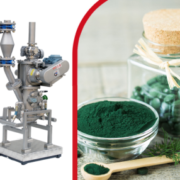
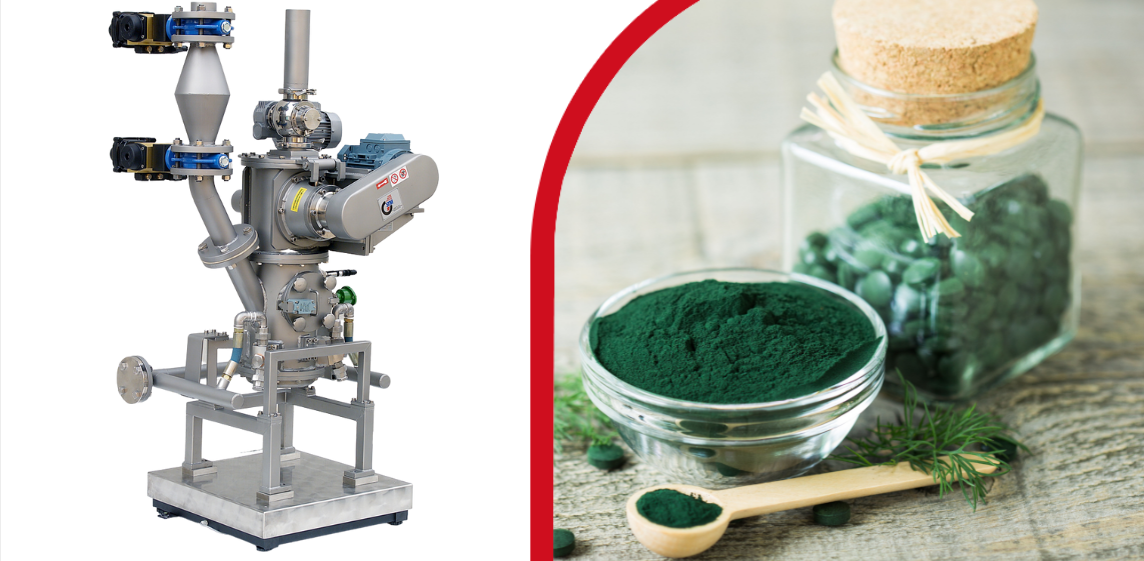
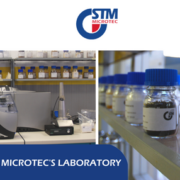
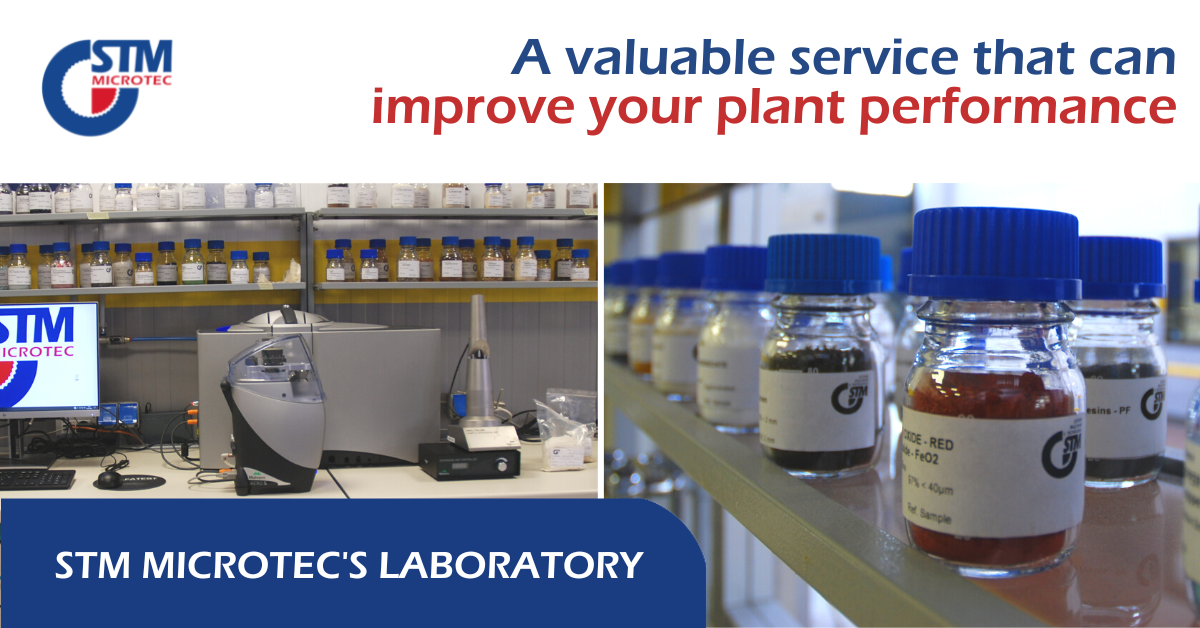




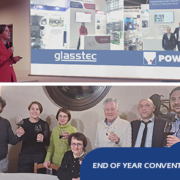
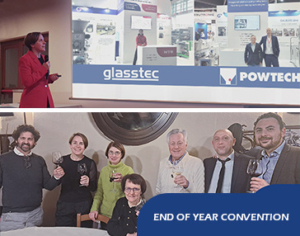

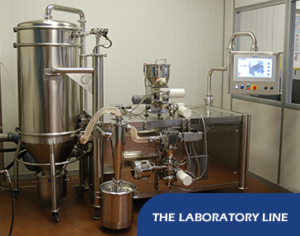
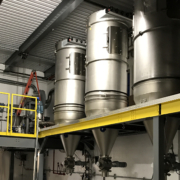
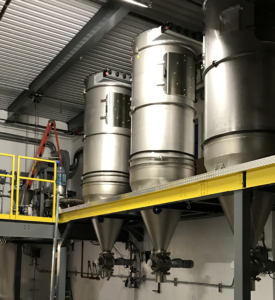
 Discover our installations around the world.
Discover our installations around the world.